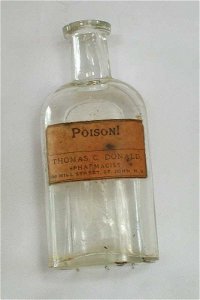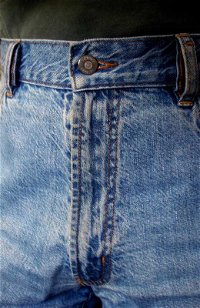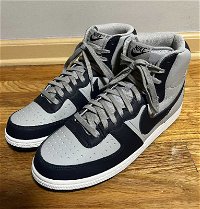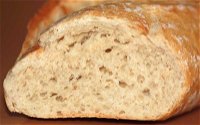Quiz Answer Key and Fun Facts
1. Agnieszka (Poland). "I asked for PASTA. I need to use it before I go to bed"
2. Henrik (Sweden): "I asked for GLASS. The bowl you gave me was empty."
3. Helene (France): "I needed a TROMBONE to organise my print-outs not one to play. Right shape, wrong size."
4. Jens (Germany). "I needed a GIFT to get rid of the rat in my house, not a present to play with it."
5. Carmen (Spain): "I wanted TUNA so I would have something green in my room. Now my room smells of fish."
6. Eszter (Hungary): "I wasn't expecting a man to arrive wearing my new FARMER. They don't even fit me."
7. Nina (Finland): "I asked for HELMET. This isn't exactly the look I need for my night out (although my date may disagree)."
8. Gregory (Poland): "I wanted a PIES to keep me company now my children have left home. These won't do that (although they were tasty)."
9. Garance (France): "I wanted a cool pair of BASKETS to wear to turn heads on the school run. These will definitely do that but not in the way I wanted."
10. Paola (Italy): "I am confused. I asked for PANE so I could make a packed lunch not so I could see into my empty cupboards."
Source: Author
Snowman
This quiz was reviewed by FunTrivia editor
stedman before going online.
Any errors found in FunTrivia content are routinely corrected through our feedback system.










